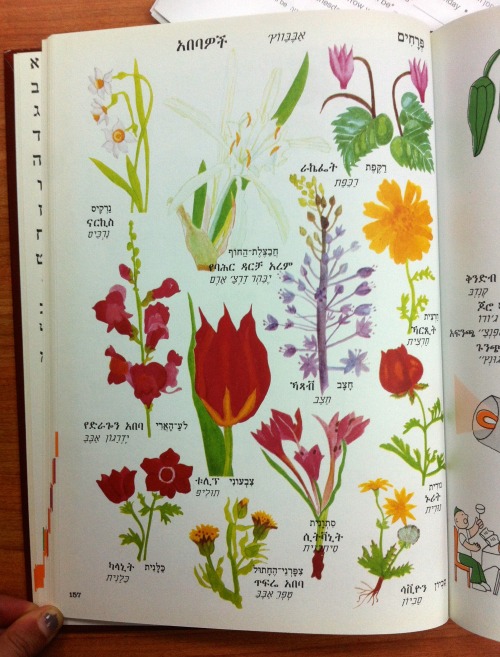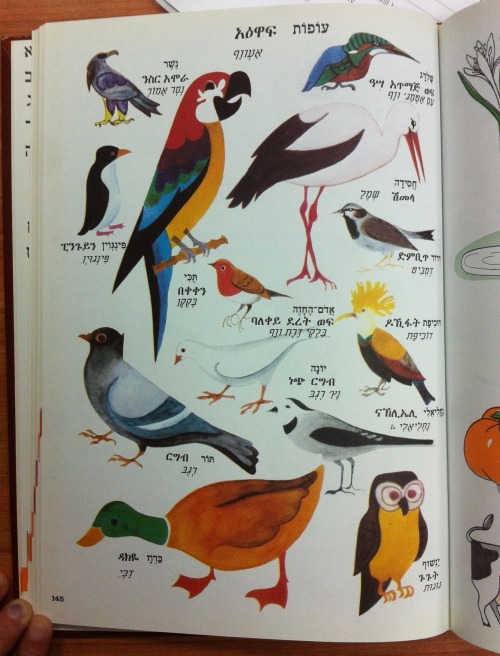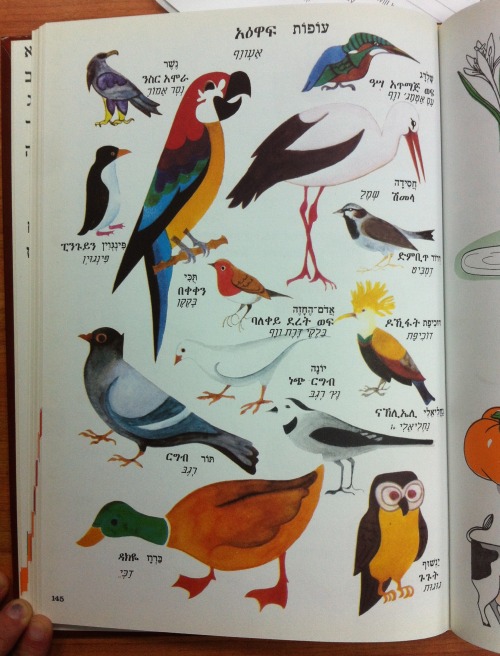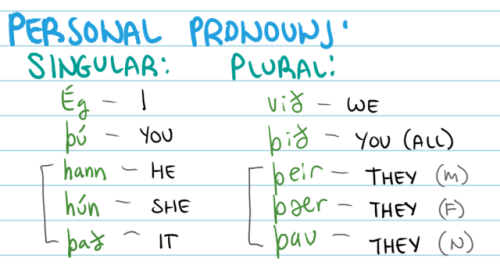#language lessons

In your Chinese studies you’ve probably learned: 红色、橙色、黄色、绿色、蓝色、紫色、灰色、白色、黑色、咖啡色、粉红色
But there are so many beautiful colors out there! Let’s learn some more. These are color terms I’ve come across outside Chinese class.
In general you can indicate a light shade with 浅 and a dark shade with 深. I have also seen 墨 for dark and 淡 for light, but when I Googled various color terms, there were more results for 浅 and 深 than 淡 and 墨.
I spent way too much time messing with HTML to color the text to match (except for the shades of white).
- 褐色 hèsè - brown
- 橘黄色 júhuángsè - orange
- 奶油色 nǎiyóusè - cream
- 金黄色 jīnhuángsè - gold color
- 朱红色 zhūhóngsè - vermilion
- 米色 mǐsè - beige
- 棕色 zōngsè - brown
- 青色 qīngsè - cyan / blue-green
- 灰白 huībái - light gray / ash-colored
- 蔚蓝 wèilán - azure / sky blue
- 纯白 chúnbái - pure white
- 雪白 xuěbái - snow white
- 洁白 jiébái - spotlessly white / pure white
- 漆黑 qīhēi - pitch-black
- 铜色 tóngsè - copper
- 乌黑 wūhēi - jet-black / dark
- 靛色 diànsè - indigo (color)
- 金色 jīnsè - golden / gold (color)
- 银色 yínsè - silver (color)
Here are some single characters I’ve seen as well. Some of these are commonly used in names, like 彤 and 丹.
- 彤 tóng - red
- 丹 dān - red / pellet / powder / cinnabar
- 缇 tí - orange-red silk / orange-red colored
- 赤 chì - red / scarlet / bare / naked
- 碧 bì - green jade / bluish green / blue / jade
- 翠 cuì - bluish-green / green jade
- 皓 hào - bright / luminous / white (esp. bright white teeth of youth or white hair of old age)
- 颢 hào - bright / white
- 玄 xuán - black / mysterious
彤, 丹, and 缇 are all described as a red-orange color. I’m not really sure of the difference, so I just made them all the same shade. I’m also unclear on exact distinction between 褐色 and 棕色. Image search results certainly suggest that they are used differently. Not sure how 咖啡色 fits in either.
I stumbled across this giant Wikipedia table with many beautiful colors that you can check out to learn more!
Learning Chinese with Lyrics: 李荣浩 - 戒烟
I’ve decided that at least for a couple months I’ll increasing my Learning Chinese with Lyrics posts to twice a month. I know they aren’t usually as popular, but I have a backlog of songs/lyrics to share!
As I mentioned in my recent Mandopop recs post, I’ve been listening to Li Ronghao lately. This song in particular has been stuck in my head a lot. I find the lyrics to be very moving and poignant. A sense of loss truly comes through. And thankfully, the lyrics are also relatively simple, so it’s easy to learn them. This song is nearly 5 minutes long, but it doesn’t feel too long or dragged out to me at all. To my knowledge, this song isn’t Li Ronghao’s biggest hit (that honor seems to go to 年少有为), but it’s still pretty popular. And my favorite by him right now.
李荣浩 - 戒烟
已经为了变的更好 去掉锋芒
一不小心成了你的 倾诉对象
电话约在从前约会的地方
要陪你唱歌吃饭我结账
保持优良习惯
锋芒 fēngmáng - tip (of pencil, spear etc) / sharp point / cutting edge / spearhead / vanguard
倾诉 qīngsù - to say everything (that is on one’s mind)
结账 jiézhàng - to pay the bill / to settle accounts *also written 结帐
优良 yōuliáng - fine / good / first-rate
你说最近过的还算 幸福美满
喝了几杯唱了几段 你却哭了
想去安慰却不知什么立场
听你说话看你哭湿头发
我得到了惩罚
立场 lìchǎng - position / standpoint
惩罚 chéngfá - penalty / punishment / to punish
戒了烟我不习惯 没有你我怎么办
三年零一个礼拜 才学会怎么忍耐
你给过我的伤害 是没有一句责怪
戒了烟 染上悲伤 我也不想
忍耐 rěnnài - to endure / to bear with / to exercise patience / to restrain oneself / patience / endurance
戒烟 jièyān - to give up smoking
染上 rǎnshàng - to catch (a disease) / to get (a bad habit)
你说最近过的还算 幸福美满
喝了几杯唱了几段 你却哭了
想去安慰却不知什么立场
听你说话看你哭湿头发
我得到了惩罚
戒了烟我不习惯 没有你我怎么办
三年零一个礼拜 才学会怎么忍耐
你给过我的伤害 是没有一句责怪
戒了烟 染上悲伤 我也不想
我也不想
谁也不想
戒了烟我不习惯 没有你我怎么办
三年零一个礼拜 才学会怎么忍耐
你给过我的伤害 是没有一句责怪
戒了烟 染上悲伤 我也不想
Attention language learners! I need your help!
I’m currently learning German and I was wondering if anyone had any tips for learning languages? I’ve got duolingo but that’s about it at the moment. Any help would be greatly appreciated in my asks! Thank you!
Favorite films of 2021
Spencer (Pablo Larraín)
Language Lessons (Natalie Morales)
Hive (Blerta Basholli)
Holler (Nicole Riegel)
The Novice (Lauren Hadaway)
Preparations to Be Together for an Unknown Period of Time (Lili Horvát)
Wildfire (Cathy Brady)
Sisterhood (Dina Duma)
Nomadland (Chloé Zhao)
Beans (Tracey Deer)
Saint Maud (Rose Glass)
Charter (Amanda Kernell)
Minari (Lee Isaac Chung)
Dune: Part One (Denis Villeneuve)
Luzzu (Alex Camilleri)
Boiling Point (Philip Barantini)
Old Henry (Potsy Ponciroli)
The Power (Corinna Faith)
Censor (Prano Bailey-Bond)
Pig (Michael Sarnoski)
Kindred (Joe Marcantonio)
docu: Lily Topples The World (Jeremy Workman)
 ALT
ALTduolingo watching me fail the exact same exercise 5 times in a row because the syntax left my brain the second I pressed “continue”
Some Basic Icelandic Notes.
Komið sæl og blessuð, vinir mínir!
I was reviewing lesson 1 of my Icelandic ‘textbook’ today. I felt like sharing some of my notes, so here they are! they are not very detailed, but they can still come in handy. Perhaps some of you will find them useful (especially if you are just starting out). My apologies, by the way, if the handwriting is a bit sloppy; I’m not used to taking digital notes quite yet.
Since I didn’t include the vocabulary section of my notes, heita means ‘to be named’. So, for the last picture of this photoset, ég heiti… means ‘I am named…’, þú heitir… means ‘you are named…’, etc.
Bless bless!
– Fjörn
Post link














